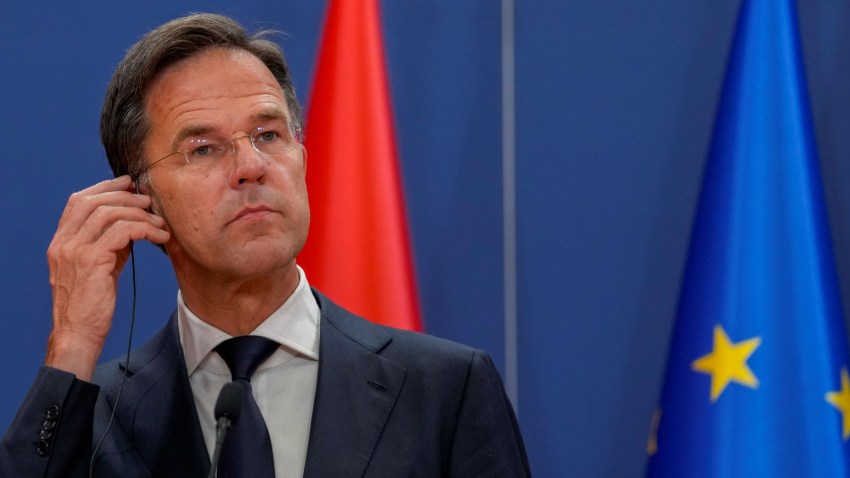When Dutch Prime Minister Mark Rutte announced last Friday that his government had collapsed, few people were surprised. The four-party coalition he led was an ill-fitting amalgamation of contradictory agendas. But when Rutte stood before parliament on Monday morning and declared the end of his political career, he sent a jolt through the Netherlands whose reverberations will be felt across Europe.
Rutte has dominated Dutch politics for well over a decade. A year ago, he became the longest-serving prime minister in the country’s history, having now held the top job for 13 years. He has led his center-right People’s Party for Freedom and Democracy—VVD by its Dutch initials—for 17 years, navigating the crosscurrents of Dutch politics so deftly that he came to be known as Teflon Mark. In all those years, numerous government missteps and scandals somehow failed to topple him.
In the process, he has become a major player in European politics, at a time when other European leaders have found themselves under pressure.

